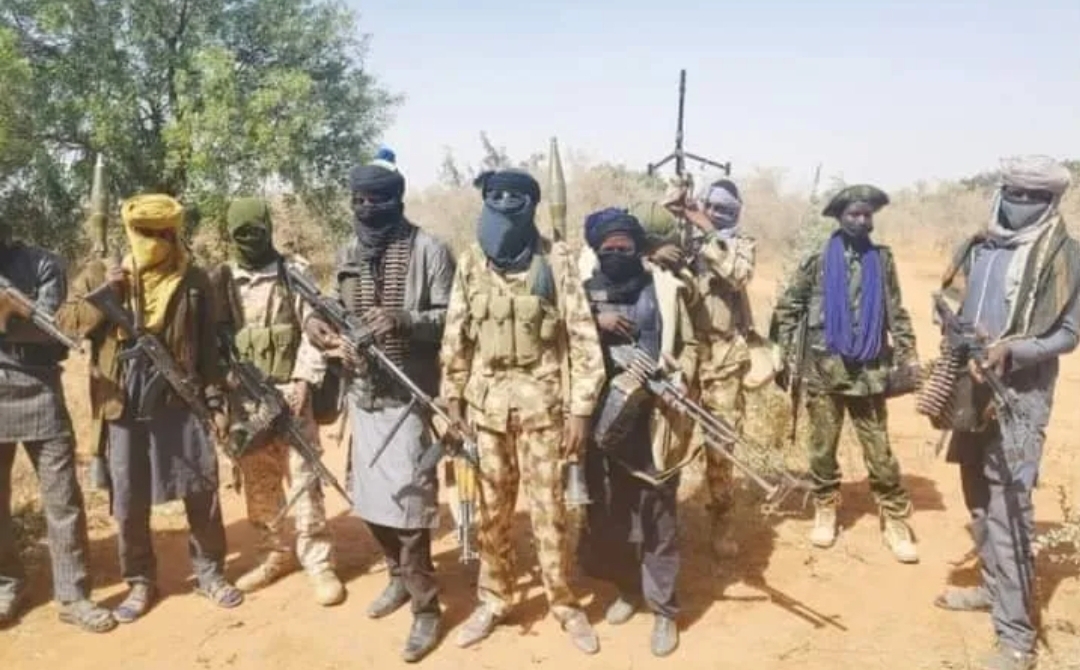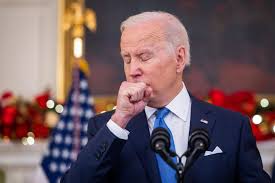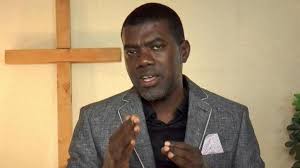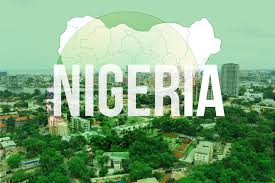Chibok: Destroying the future of our tomorrow?
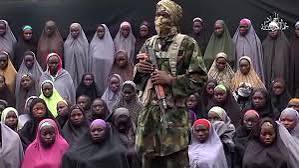
By
abiodun KOMOLAFE
The 10th anniversary of the abduction of 276 schoolchildren from the Government Girls Secondary School in Chibok, Nigeria, has again brought an eerie feeling of despair and panic. The anniversary is a high point as it has again shown the entire security apparatus of Nigeria as gravely inept and compromised. That’s what it tells us!
The most important thing about Chibok is not just that it happened! As a matter of fact, it ought not to have happened! Instead, it is about what the country has learnt in ten years! People’s lives have been destroyed but it seems as if Nigeria has moved on! According to reports, “48 of the victims’ parents have died since the girls were kidnapped.” So far, 22 rescued schoolgirls were said to have come back, with 37 children. In any case, that the schoolchildren even have children is in itself a social crisis!
Of course, things happen! But the difference between Nigeria and other countries is that, whenever things happen in sane climes, they are used as an opportunity for an advance – to improve society as well as prevent a repeat. A good example was the cholera outbreak in the Lagos Colony in 1922. Of course, people died! But the colonial government made a lot of improvements in sanitation and sewage drainage. Indeed, that’s what led to the establishment of the Environmental Health Officers or Sanitary Inspectors, famously referred to as ‘woléwolé’. Since then, things have been improving in terms of environmental conditions, though not as much as one would have liked or wanted. But what has the Nigerian government learnt from the Chibok saga and how has it been managing the people’s expectations? From the look of things, nothing so far!
When the Chibok girls were abducted on April 14, 2014, it wasn’t taken seriously by the Goodluck Jonathan-led until Nigerians became confronted with the open truth. A cross-section of Nigerians even opined that Leah Sharibu happened under the Muhammadu Buhari-led administration because nobody supervised Defence spending and contracts. To them, lots of things happened under the immediate-past regime and those who reaped from the ruination of the country would not want to give up without fighting back. But for how long will the Bola Tinubu administration bear them?
Chibok! Dapchi! Kuriga! It is pathetic to note that the Safe School Initiative looks like just another scam! Yes, humongous sums of money were sourced from far and near for the scheme but how many of our schools have become safe through, say, parameter fencing? All the more reason President Tinubu must commission a Judicial Panel of Inquiry and an audit to carry out an audit on how the funds have been spent since inception, the impact it has made and the modus operandi for (its) revampment.
Arguably, it is difficult to kidnap students from St. Charles Grammar School, Osogbo because it is in the metropolis but one doesn’t have to be a military strategist to know that Chibok cannot be too far from an exposed environment like Urban Day Grammar School in Ijebu-Jesa. Therefore, simple elementary common sense demands that the environment be cleared two miles before the school to dissuade criminal minds and tendencies. Have the handlers of our education system done that?
Well, we can deceive ourselves as much as we like but it is unfortunate that the whole stuff has become what America’s 34th president, Dwight D. Eisenhower described as the Military Industrial Complex. In the words of the Singaporean author and political commentator, Chua Chin Leng, “When there is peace in the world, the Americans would have to create jobs for themselves, to make themselves useful again as responsible people, not warmongers and murderers, not merchants of war. There will be no one to buy their expensive war machine, no more needs for military gangs aka allies.” Of course, that’s why America has to be going around, looking for conflicts to win. Otherwise, how will ‘God’s own country’ keep its people employed? It therefore goes to say that, once we allow a conflict to take root, it becomes an economy. Tragically, Boko Haram and ISWAP have become part of Nigeria’s Gross Domestic Product (GDP). The only challenge is that it cannot be measured. To Nigerians, it has become a way of life on all sides; and it is fear-provoking!
May the Lamb of God, who takes away the sin of the world, grant us peace in Nigeria!

